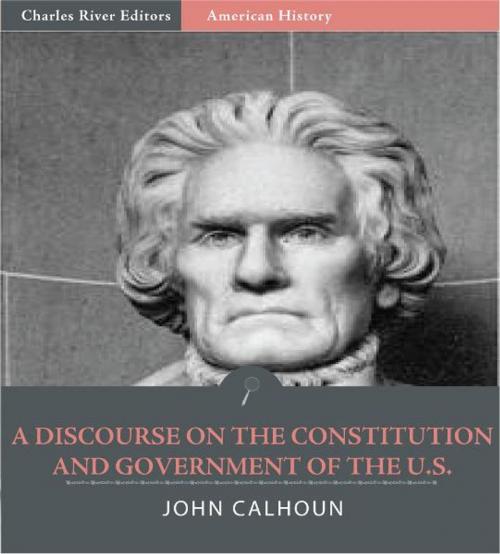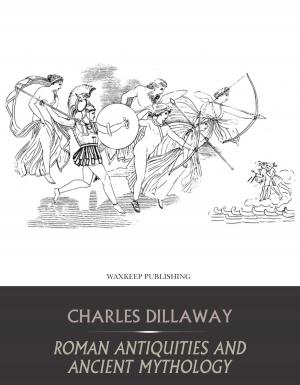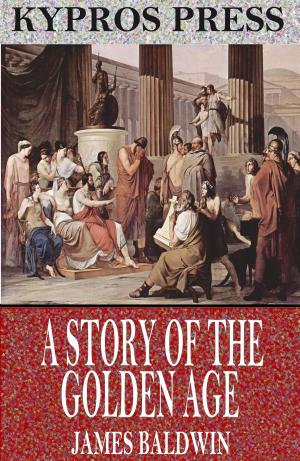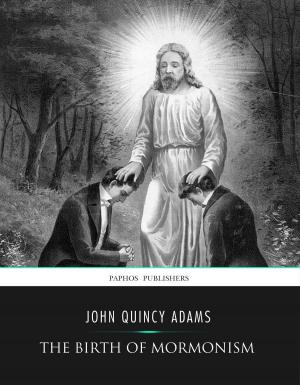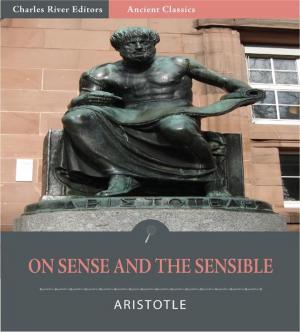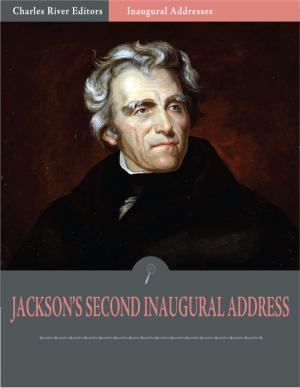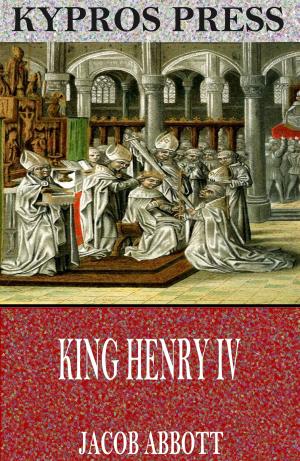A Discourse on the Constitution and Government of the United States (Illustrated Edition)
Nonfiction, Social & Cultural Studies, Political Science, Government, Democracy, Politics, History & Theory| Author: | John C. Calhoun | ISBN: | 9781619824850 |
| Publisher: | Charles River Editors | Publication: | January 20, 2012 |
| Imprint: | Language: | English |
| Author: | John C. Calhoun |
| ISBN: | 9781619824850 |
| Publisher: | Charles River Editors |
| Publication: | January 20, 2012 |
| Imprint: | |
| Language: | English |
John Caldwell Calhoun (March 18, 1782 March 31, 1850) was a leading politician and political theorist from South Carolina during the first half of the 19th century. A powerful intellect, Calhoun eloquently spoke out on every issue of his day, but often changed positions. Calhoun began his political career as a nationalist and proponent of protective tariffs; later, he switched to states' rights, limited government, nullification and free trade. He is best known for his intense and original defense of slavery as a positive good, for his promotion of white people's rights, and for pointing the South toward secession from the Union. Devoted to the principle of liberty and fearful of corruption, Calhoun built his reputation as a political theorist by his redefinition of republicanism to include approval of slavery and minority rightswith the white South the minority in question. To protect minority rights against majority rule he called for a "concurrent majority" whereby the minority could sometimes block offensive proposals. Increasingly distrustful of democracy, he minimized the role of the Second Party System in South Carolina. Calhoun's defense of slavery became defunct, but his concept of concurrent majority, whereby a minority has the right to object to or even veto hostile legislation directed against it, has been incorporated into the American value system. Although Calhouns views are no longer considered popular in contemporary periods, in 1957, the United States Senates honored Calhoun as one of the "five greatest senators of all time." In A Discourse on the Constitution and Government of the United States, published shortly after his death, Calhoun expounds upon his view of the U.S. Constitution, using it to defend his political theories and positions. This edition of Calhouns Discourse is specially formatted with a Table of Contents and illustrations of the famous Senator.
John Caldwell Calhoun (March 18, 1782 March 31, 1850) was a leading politician and political theorist from South Carolina during the first half of the 19th century. A powerful intellect, Calhoun eloquently spoke out on every issue of his day, but often changed positions. Calhoun began his political career as a nationalist and proponent of protective tariffs; later, he switched to states' rights, limited government, nullification and free trade. He is best known for his intense and original defense of slavery as a positive good, for his promotion of white people's rights, and for pointing the South toward secession from the Union. Devoted to the principle of liberty and fearful of corruption, Calhoun built his reputation as a political theorist by his redefinition of republicanism to include approval of slavery and minority rightswith the white South the minority in question. To protect minority rights against majority rule he called for a "concurrent majority" whereby the minority could sometimes block offensive proposals. Increasingly distrustful of democracy, he minimized the role of the Second Party System in South Carolina. Calhoun's defense of slavery became defunct, but his concept of concurrent majority, whereby a minority has the right to object to or even veto hostile legislation directed against it, has been incorporated into the American value system. Although Calhouns views are no longer considered popular in contemporary periods, in 1957, the United States Senates honored Calhoun as one of the "five greatest senators of all time." In A Discourse on the Constitution and Government of the United States, published shortly after his death, Calhoun expounds upon his view of the U.S. Constitution, using it to defend his political theories and positions. This edition of Calhouns Discourse is specially formatted with a Table of Contents and illustrations of the famous Senator.
